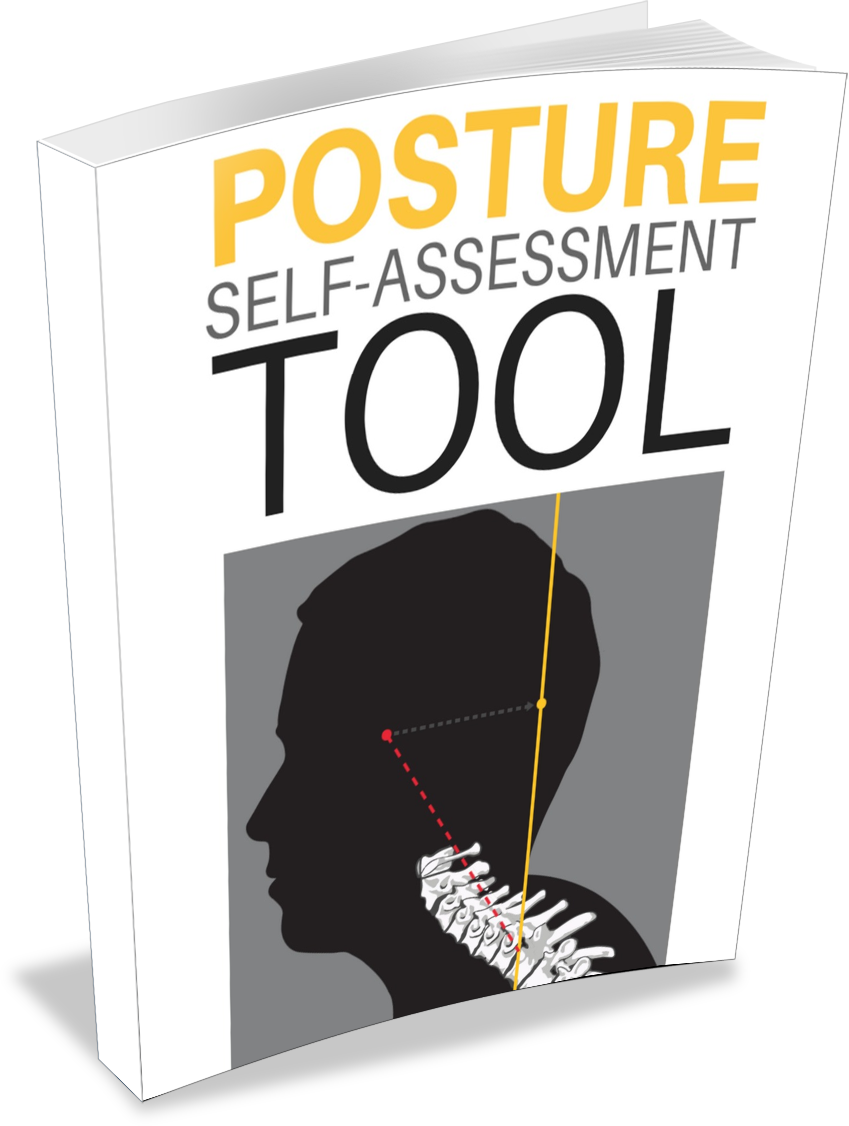When most people think about chiropractic care, they picture someone getting help for back pain after an injury or a long week at work. While chiropractic certainly addresses physical stress, the truth is that in today’s world, our biggest health threats often come from a different source—mental and chemical stress—and chiropractic care is uniquely positioned to help.
1. Stress in the 21st Century Isn’t Just Physical
Modern life has transformed the way our bodies experience stress. In the past, most physical stress came from hard labor or repetitive movement. Today, many of us spend our days sitting, staring at screens, juggling constant notifications, and navigating a fast-paced, always-connected culture. The pressures are real, but they’re often invisible:
-
Mental stress: deadlines, financial concerns, social media comparisons, political tension, and information overload.
-
Chemical stress: processed foods, environmental toxins, poor air quality, medications, and even the effects of chronic sleep deprivation.
These stressors don’t just affect our mood—they change our brain and nervous system function.
2. How Stress Affects Your Nervous System
Your nervous system is like the central command center of your body. When stress hits—whether mental, chemical, or physical—it triggers a “fight or flight” response. This is great for short bursts, but when it becomes constant, your body can’t fully recover.
Chronic stress can cause:
-
Increased muscle tension and joint stiffness
-
Impaired digestion and hormone balance
-
Decreased immune system function
-
Altered brain chemistry, leading to anxiety, fatigue, and brain fog
Over time, this can lock your spine and nervous system into a heightened state of tension. Chiropractic care helps reset and restore balance by improving spinal motion and removing interference to nerve communication.
3. Why Chiropractic Is About More Than Pain Relief
Yes, chiropractic adjustments can relieve pain—but that’s just the tip of the iceberg. By improving spinal function, chiropractors help restore healthy brain-body communication. This has far-reaching effects:
-
Better adaptability to stress: Your body becomes more resilient and able to handle challenges without getting “stuck” in stress mode.
-
Improved mood and focus: A clearer, calmer nervous system supports better mental clarity and emotional stability.
-
Enhanced recovery: Whether from workouts, illness, or daily life, chiropractic care helps your body recover faster.
4. The Chemical Connection
We live in a chemical soup—pesticides on produce, preservatives in food, air pollutants, and even chemicals from personal care products. Many of these create low-grade inflammation in the body. Chronic inflammation can amplify the effects of mental stress, making it harder for your body to heal.
Chiropractic care doesn’t “detox” you in the fad-diet sense, but by improving your nervous system’s regulation of all body systems, it supports your body’s natural detoxification processes, from digestion to lymphatic drainage.
5. Why Consistency Is Key
In the same way you wouldn’t expect to be fit after one workout, you can’t expect lasting change from a single chiropractic adjustment. Regular care helps:
-
Keep your nervous system adaptable
-
Maintain healthy spinal function
-
Prevent stress-related breakdowns before they start
In short, chiropractic is not just a “fix-it” service—it’s a tune-up for your brain and body in a world that’s constantly testing both.
Final Thoughts
The modern era has brought incredible convenience, but it’s also introduced stressors our ancestors never faced. Mental overload, chemical exposure, and sedentary habits create a perfect storm for nervous system imbalance. Regular chiropractic care helps you navigate this storm—not just by relieving pain, but by improving your body’s ability to adapt, recover, and thrive.
Stronger Spine = Healthier Nervous System = Better Life!
Dr. Rob


















